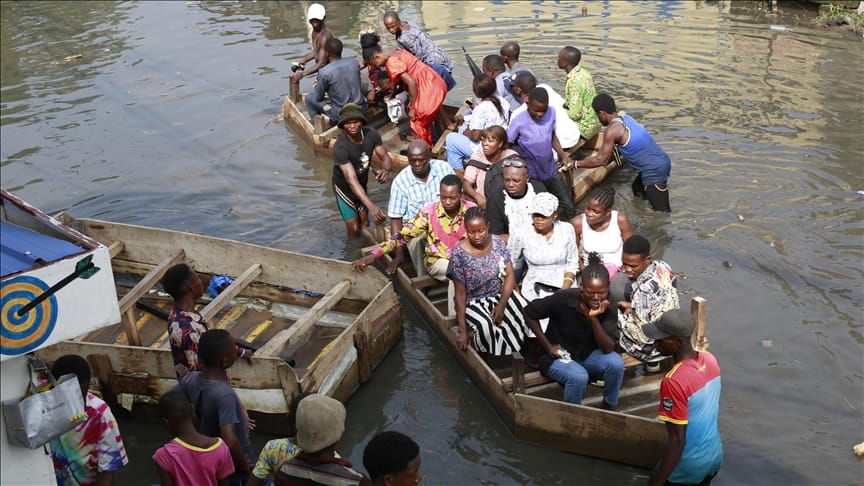At least 62 people have been confirmed dead, and more than 50 are still missing after flash floods struck villages near Lake Tanganyika in the eastern part of the Democratic Republic of Congo, according to local authorities. The disaster hit South Kivu province in the early hours of Friday, leaving a trail of destruction and displacing scores of residents.
The flooding began around 5 a.m. local time, when heavy rains caused rivers and streams to overflow, inundating the village of Kasaba in the Ngandja sector. Witnesses described a sudden rush of water that swept through homes and roads, leaving entire families stranded or missing. Access to the area has been disrupted, with infrastructure damage further complicating rescue and relief efforts.
Provincial health minister Theophile Walulika Muzaliwa confirmed the death toll and ongoing search efforts. “Local authorities, including sector, village, and locality chiefs, are currently on the ground coordinating the response,” he said. “The Red Cross is the only humanitarian organization present at the moment. Due to the scale of the disaster and difficult conditions, it is not yet possible to provide a complete assessment.”
The affected region is grappling with limited resources and a strained emergency response system. Many of the areas hit by the floods are remote, with poor road access and minimal communications infrastructure, making it harder for emergency teams to reach survivors or transport the injured. Efforts to locate the missing are expected to continue in the coming days, though the chances of finding survivors are diminishing.
This tragedy comes just weeks after similar torrential rains caused flooding in the capital, Kinshasa, killing at least 33 people. Across the country, a pattern of extreme weather events is placing additional pressure on an already fragile infrastructure. The DRC has been increasingly vulnerable to the impacts of climate-related disasters, with many communities lacking basic resilience mechanisms.
Compounding the crisis is the ongoing conflict in eastern Congo, where government forces and various armed groups have clashed since earlier this year. The resurgence of violence has displaced thousands, diverted attention from development efforts, and hampered the delivery of aid. The United Nations has repeatedly warned that the DRC is facing one of the most severe and complex humanitarian emergencies in the world, with both natural and man-made crises converging.
Authorities have urged the international community and aid agencies to provide immediate assistance as search and recovery operations continue. Survivors are in urgent need of shelter, food, clean water, and medical care, with many still waiting for help to arrive.



